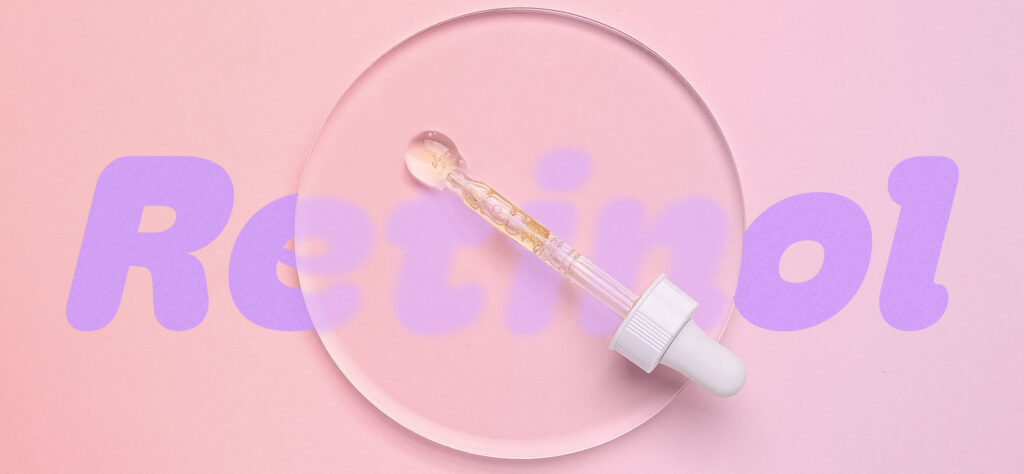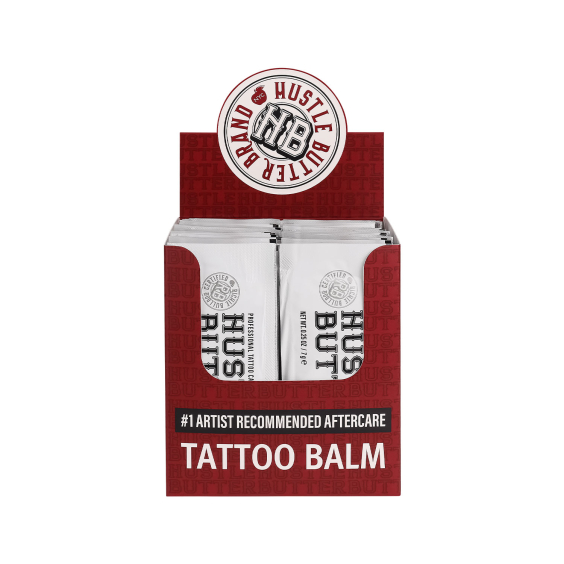Will retinol fade my permanent makeup?
We’ve spent plenty of time harping on about the importance of aftercare in PMU - but it really is make or break for the success and longevity of any treatment!
No matter how hard you work, your client can potentially compromise healed results by making simple mistakes like standing under the shower head, or picking at the scabs that naturally form on the treatment site.
But there’s another risk to PMU treatments: certain ingredients in everyday skincare products!
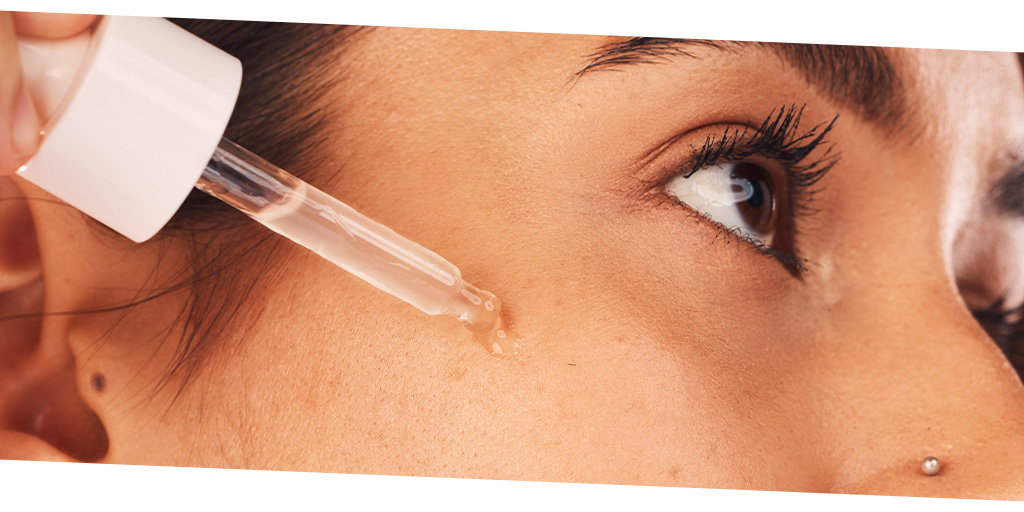
Retinols
This super common ingredient is found in a lot of anti-aging skincare. It boosts collagen production and reduces the appearances of fine lines, pigmentation and scarring by speeding up the natural regeneration of your skin cells, shedding the old, damaged cells faster.
As you might imagine, this sped-up regeneration isn’t great for retaining pigment! If your client uses retinol, they’ll likely find they need a colour top-up much sooner than expected, so make sure they know that it’ll quite literally cost them to ignore this rule!
Before the treatment, your client should avoid using retinol for 30 days. Retinol thins the skin and increases its sensitivity, meaning they might bleed more than expected, which may lead to scarring, slow healing and a poor healed results.
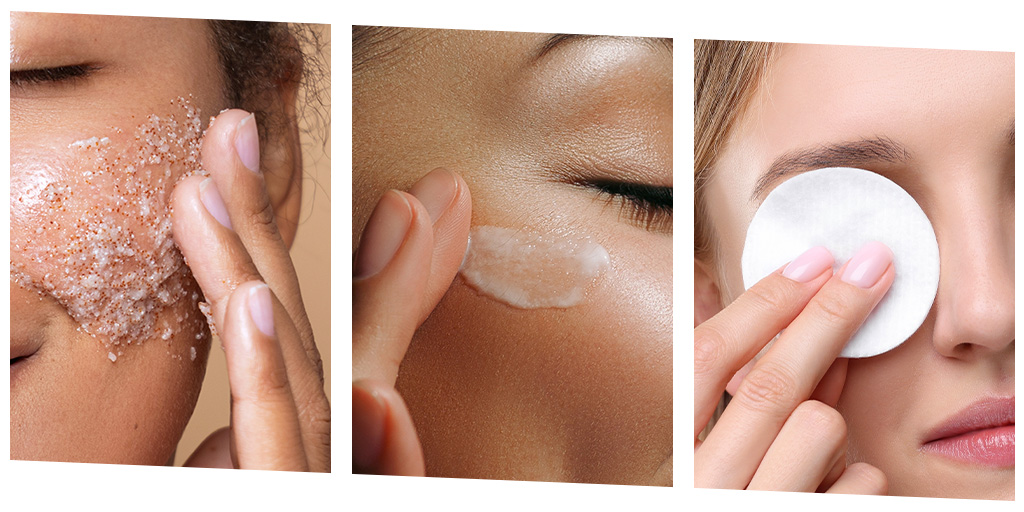
Acids
There are a few types of acid that are used in daily skincare, like glycolic acid, lactic acid, hyaluronic acids and vitamin C. They all operate on a similar principle to retinol - encouraging your skin to slough off the upper layer so that the fresh, new skin shines through. Unfortunately, this also takes pigment with it.
Some of these ingredients can cut the longevity of a PMU treatment in half, with a dramatic fade in a short space of time. For the same reason, manual exfoliating products such as scrubs shouldn’t be used until the healing process is fully complete.
Accutane
Unlike the easily-accessible ingredients above, Accutane (sometimes known as Roaccutane) is a prescribed medication designed to help with skin complaints. However, it seriously thins the skin, which can lead to various problems in the healing of the treatment, so they must abstain from PMU for at least one year after use.
Failure to do so could lead to hyperpigmentation, bleeding and scarring.
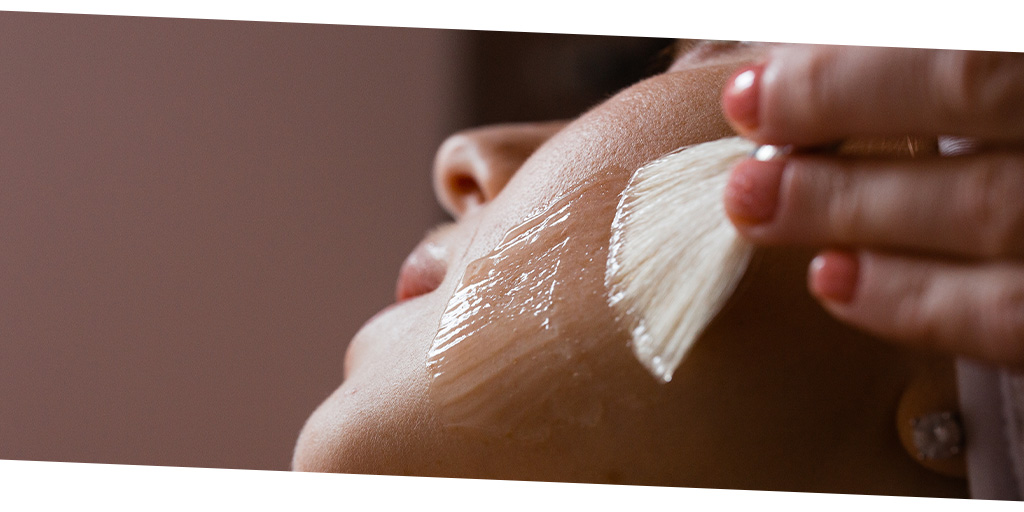
Beauty Treatments
As well as ingredients, there are certain treatments that shouldn’t be done in the month prior to or following a PMU treatment, including Botox or dermal fillers.
While the treatment is healing, your client will need to avoid professional facials and microdermabrasion treatments. Even once healed, if your client should want to go for an acidic or exfoliating treatment, they should inform the treatment technician first.
Pigment Retention
Different pigments will have different longevity in the skin, with some fading much quicker than others. If you've read our blog on Organic vs Inorganic Pigments, you’ll know that inorganic pigments will already fade faster than their organic counterparts - this will be exacerbated by clients who don’t take your aftercare advice!
Pigment retention is largely down to how well the client manages the aftercare process, so make sure to share with them our PMU Aftercare Guide and a recommendation to try out Hustle Butter for a petroleum-free aftercare cream that’s vegan-friendly and cruelty free - you can even pick up 7.5ml packettes of the tropical cream, perfect for giving out at the end of your treatment.
Ultimately, you can only educate your client in best practice and the potential consequences of going against your advice. If they insist that they have to use these ingredients in their daily life, you should stress the importance of avoiding them during the healing process at the very least, to prevent irritation and infection.
And of course, you should always be aware of what to do When PMU Goes Wrong.
Once they’re fully healed, these products can be used - but not directly onto the PMU.
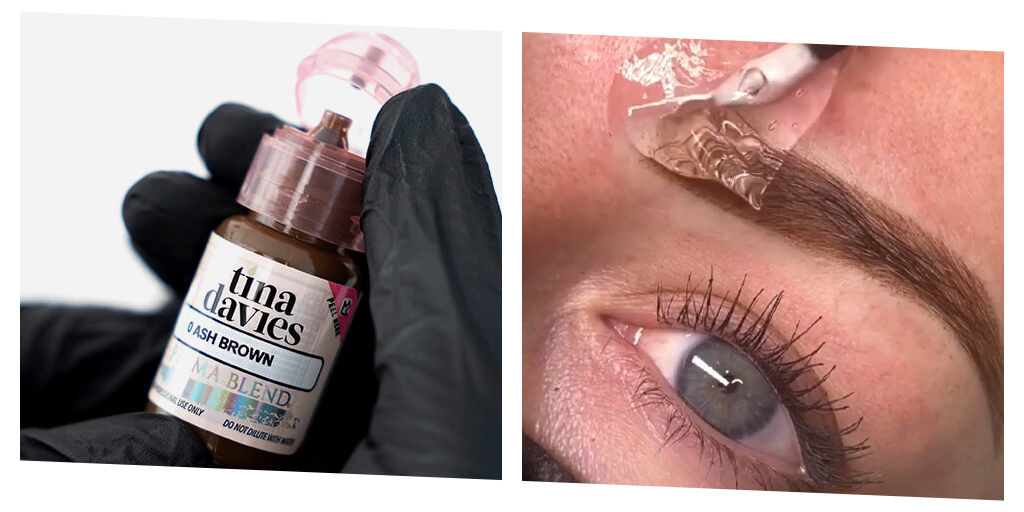
So, will retinol fade permanent makeup? Yes, the active ingredients in retinol, acids and skin bleaching products will lead to your client’s PMU fading prematurely.
